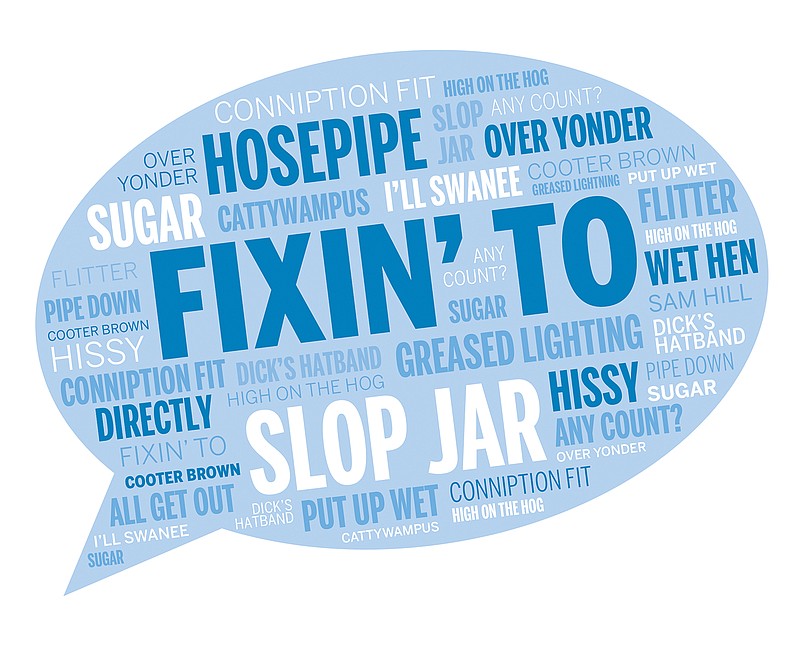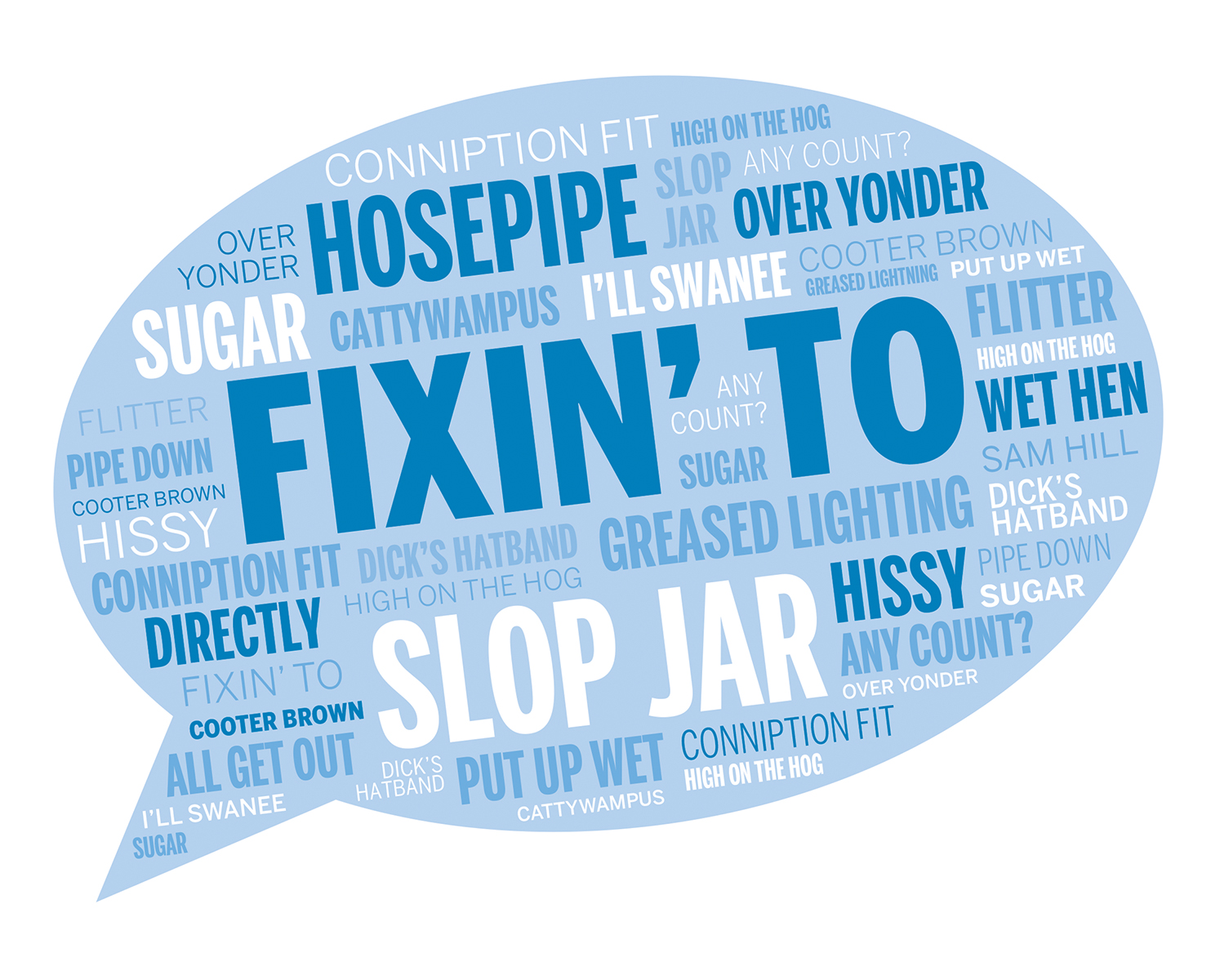Our family is a little odd - generationally speaking. This is due to some late-in-life fathering by several men across parts of three centuries. One of my 12-year-old son's great-grandfathers was born in 1874.
Some of our sixth-grader's friends have great-grandfathers who are still alive. Meanwhile, his great-grandfather was born about 10 years after the Battle of Gettysburg and obviously won't be attending any middle school soccer games. In fact, were he still living, Connor Whiteside, my maternal grandfather, would be 145 years old.
This extra-long branch of our family tree is probably responsible for my occasional use of 19th century Southernisms, which I picked up at the knee of my maternal grandmother, Mabel Whiteside, Connor's wife; and my great-aunt Ida Lou, an old maid who played card games incessantly (but not Old Maid) and subsisted mainly on boiled chicken necks and dumplings.
When he was younger, I'd implore my son at bedtime, "Come over here and give Daddy some sugar." (This was Ida Lou's favorite phrase.) The first time I did this, my son paused and frowned, unsure if my request required a trip to the kitchen pantry. Of course, Southerners of a certain age will know that "sugar" - in this instance - means a kiss.
Other times, on my way out the door, I'll announce that I'll "be home directly." Directly, in this usage, means some undetermined time in the middle distance, translating roughly to "a little bit later." It also sends the message that the user is in no mood to rush, so y'all can just "hold your horses," to quote another Southernism.
More Info
Do you speak Southern?Send us your favorite Southern sayings at editor@chatterchattanooga.com.
I'm also prone to throw a yonder into conversation, although this is never entirely involuntary. I enjoy the sound of the word. I'll say something like, "Son, bring me that wheelbarrow over yonder." "Over yonder" sounds so much more poetic than "over there." Meanwhile, saying "yonder" without the modifier "over" sounds like something out of Deuteronomy.
Sometimes I'll use a old-timey term so obscure that it surprises even me. Like the time one of our boys had a stomach virus and I told him he needed a "slop jar" under his bed. In my grandmother's world, this was a porcelain pan with a top that was kept under the bed frame and used as an overnight toilet or vomit basin. Sorry, just reporting the facts, here.
I was always embarrassed by my use of the compound word "hosepipe" for a common garden hose. But everybody I knew in Middle Tennessee called a garden hose a hosepipe because that's what our grandparents called them. I was ecstatic recently when our 12-year-old came home from school singing a 19th-century ditty called "What Shall We Do With the Drunken Sailor," a song he'd learned in chorus. I nearly fainted when he sang the words, "Stick him in a scupper with a hosepipe on him."
Yes, hosepipe! There it is - right there in a 19th-century sailors' song.
Sometimes it's not the usage but the cadence that defines the Southern tongue. For example, the Southern humorist Dave Barry once wrote a column with a passage from a letter he received from Sonya Ward of Nashville, Tennessee. Ward wrote to Barry that she overheard the following sentence uttered by a man to a woman who couldn't find a ride to a church function: "Estelle, if I'd a knowed you'd a want to went, I'd seed that you'd a got to get to go." Let that roll of your tongue. " got to get to go." This may be the most delicious sentence ever spoken.
My favorite song lyric is also a solid-gold Southernism. It's the line in a Lyle Lovett song in which a man implores his sweetheart: "Honey, put down that fly swatter, and pour me some ice water." If there is a better rhyme in the history of the world than fly swatter/ice water, I'd like to hear it.
I'd like to think it's our Scots-Irish roots that account for our Southern similes. I grew up saying "flat as a flitter" without any idea what a "flitter" is. My people also said "tight as Dick's hatband," with no explanation of who Dick was or why his hat was so snug.
When I was a kid, angry people were "madder than a wet hen." Swift people were "fast as all get out." Some of my people's sayings were clearly euphemisms for swears. "I'll swanee!" was a favorite phrase among my relatives. Sometimes it was shortened to merely "I swan." It was usually an expression of disbelief.
Phrases with inventive uses of the word "count" were well-worn in my youth. The typical construction was framed as a question, such as, "Are those homegrown tomatoes any count?" Characterizing someone or something as "no count" pretty much said it all.
Any parting in a social setting was punctuated by the phrase "Y'all come." This was short for "Y'all come to see us." In those days it meant showing up at your front door uninvited - a no-no in the 21st Century. If somebody did that now, I'd throw a "conniption fit," Southern for "an uncontrollable tantrum."
So, dear reader, here's your final exam. Can you de-Southern this sentence: "I'll be over directly to borrow your hosepipe. Is yours any count? Ours is flatter than a flitter."
Well, I'll swanee, I think you've got it.

